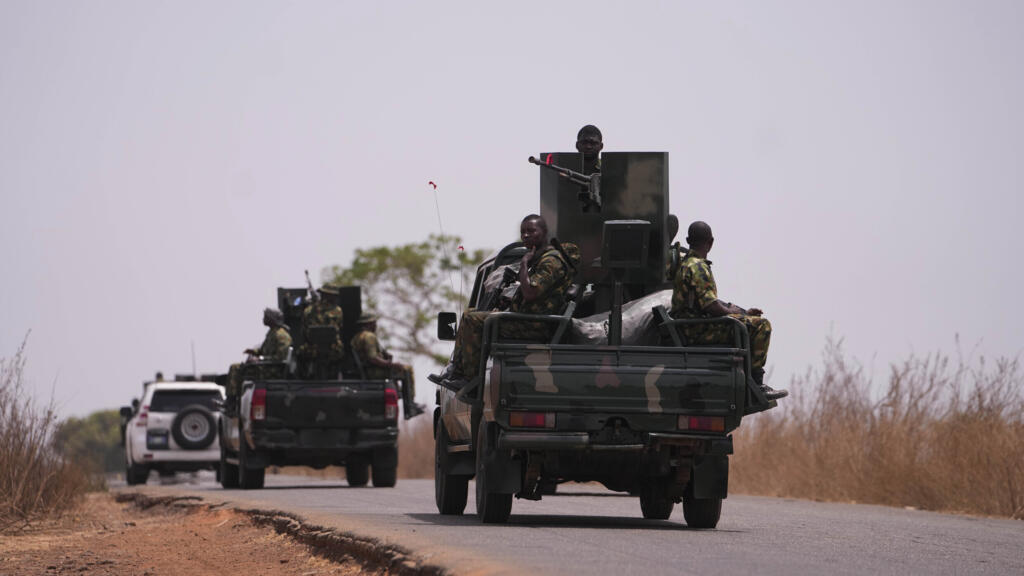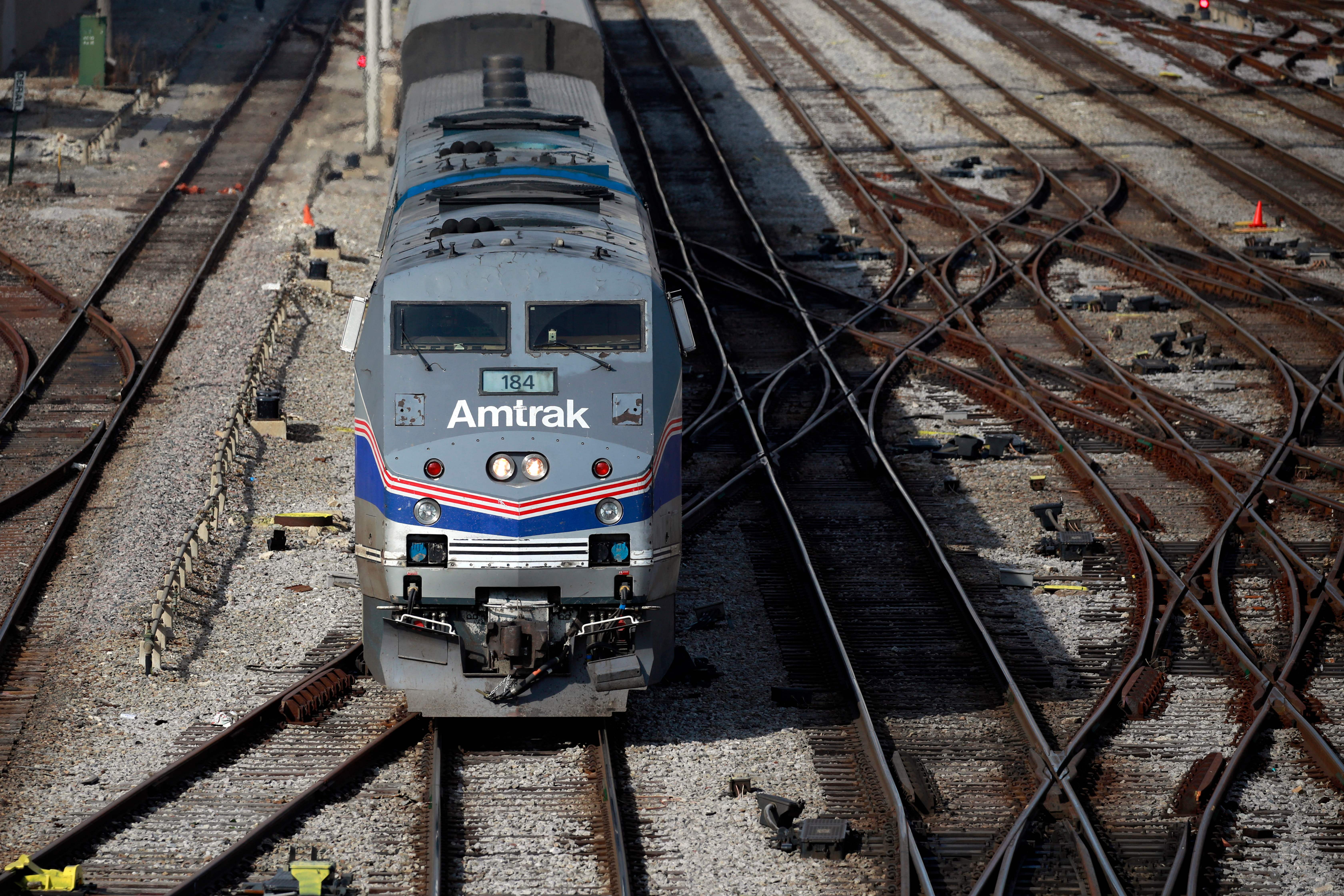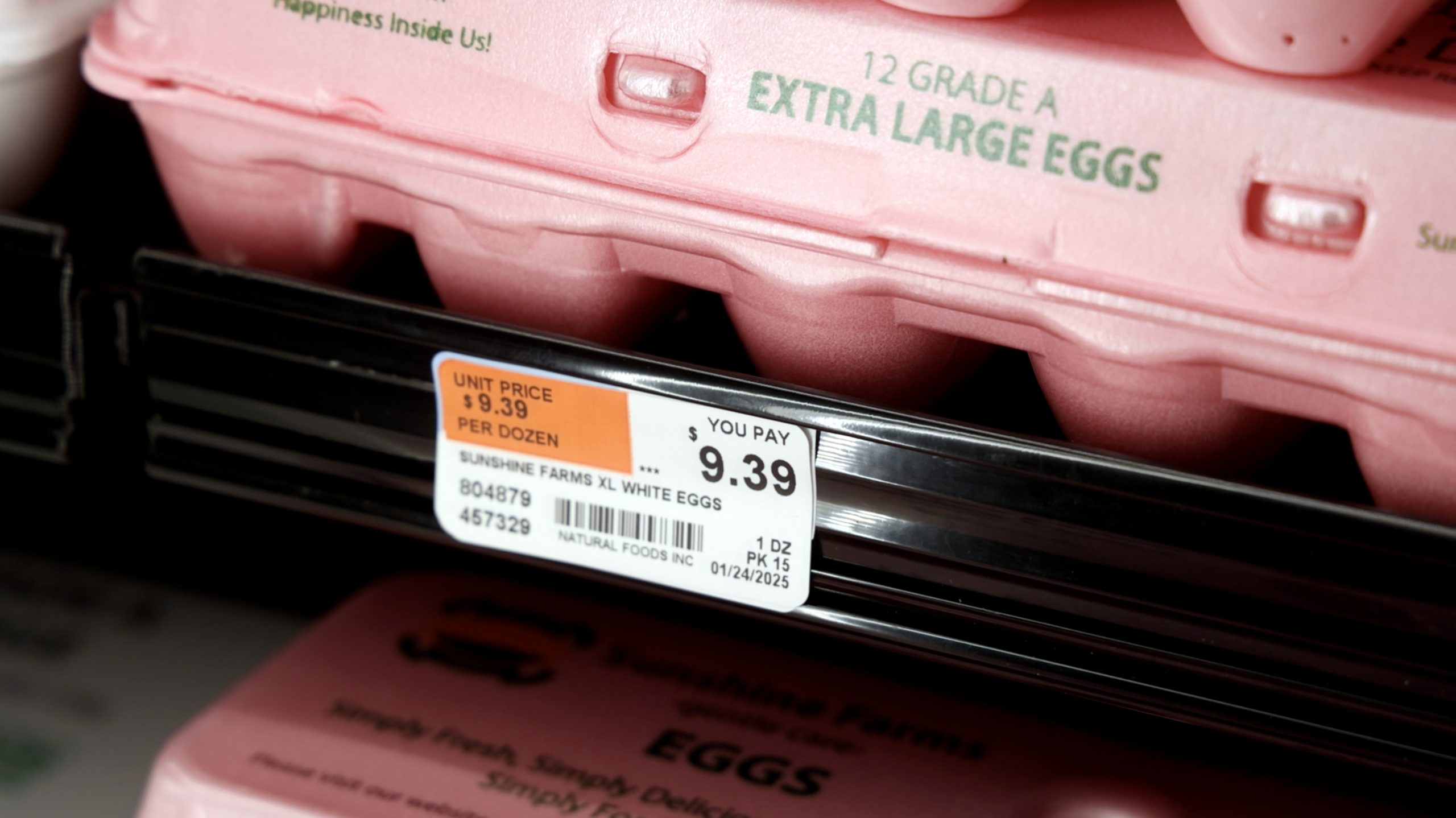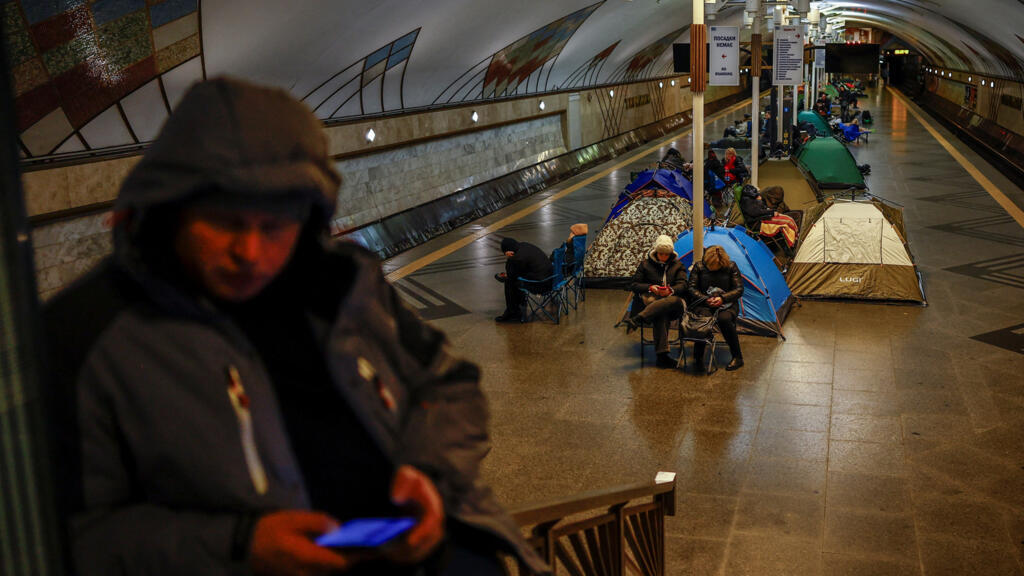Uniqlo boss says Japanese clothing giant doesn’t use Xinjiang cotton
Tadashi Yanai addressed issue for the first time as the retailer faces scrutiny over supply chain transparency.
TAIPEI, Taiwan – Japanese clothing giant Uniqlo does not use cotton from China’s Xinjiang regions, the company’s boss said in his first public declaration on the issue.
The global fashion retailer has been under intense scrutiny over its source practices amid allegations of human rights violations in the supply chain and concerns over forced labour in Xinjiang, which produces some of the world’s best cotton.
“We’re not using [cotton from Xinjiang]”, Tadashi Yanai, chief executive of Uniqlo’s parent company Fast Retailing, told BBC on Thursday, breaking his silence on the supply of fabric for his brand’s clothing.
“By mentioning which cotton we’re using ... actually, it gets too political if I say anymore, so let’s stop here,” he said, without adding further details.
Companies that buy goods from Xinjiang, including clothing and cotton, have come under pressure from Western governments over the alleged genocide of the minority Uyghurs and Hui Muslims under Xi Jinping’s leadership in the past decade.
It prompted Western countries, led by the United States, to impose tough regulations on the import of goods from Xinjiang in 2022. Several global brands, such as H&M and Nike, removed products using Xinjiang cotton from their shelves, expressing concern for the alleged use of forced labor.
Uniqlo had remained neutral “between the U.S. and China” over the Xinjiang row, although its parent company had claimed before that the retail giant did not use any materials linked to human rights violations.
China has repeatedly denied allegations of “crimes against humanity”, calling them the “lie of the century”.
A U.S. federal report published in 2022 estimated that cotton from Xinjiang accounted for roughly 87% of China’s production and 23% of the global supply in 2020 and 2021.
The Uniqlo boss’ remarks came after German automaker Volkswagen said Wednesday that it has sold its operations in Xinjiang.
Volkswagen has also been accused of allowing Uyghur slave labor at its joint-venture plant with Chinese state-owned company SAIC Motor Corp. in Urumqi, Xinjiang’s capital.
The company cited “economic reasons” for its pullout from Xinjiang, home to about 12 million predominantly Muslim Uyghurs, where it also has a test track in Turpan.
The carmaker announced the decision at the same time as saying it would extend its partnership with Chinese partner SAIC by a decade to 2040.
RELATED STORIES
Volkswagen sells Xinjiang plant linked to Uyghur force labor
Fates of Uyghur refugees deported from Cambodia in 2009 revealed
US bars 29 more Chinese companies over Uyghur slave labor
Volkswagen’s decision was welcomed by rights groups as a “positive step, albeit long overdue”.
“Car companies should map their supply chains and disengage from any supplier sourcing material directly or indirectly from Xinjiang,” said Jim Wormington, senior researcher and advocate in the Economic Justice and Rights Division at Human Rights Watch.
The G7 Foreign Ministers’ meeting earlier issued a statement expressing concern over the situation of Uyghurs in Xinjiang and Tibetans in Tibet persecuted by the Chinese government.
The G7, or Group of Seven, comprises the major industrial nations – Canada, France, Germany, Italy, Japan, the United Kingdom and the United States – in addition to the European Union.
“We remain concerned by the human rights situation in China, including in Xinjiang and Tibet,” said the statement, which urged China to abide by its international human rights commitments and legal obligations.
Edited by Kiana Duncan.
This article has been sourced from various publicly available news platforms around the world. All intellectual property rights remain with the original publishers and authors. Unshared News does not claim ownership of the content and provides it solely for informational and educational purposes voluntarily. If you are the rightful owner and believe this content has been used improperly, please contact us for prompt removal or correction.











